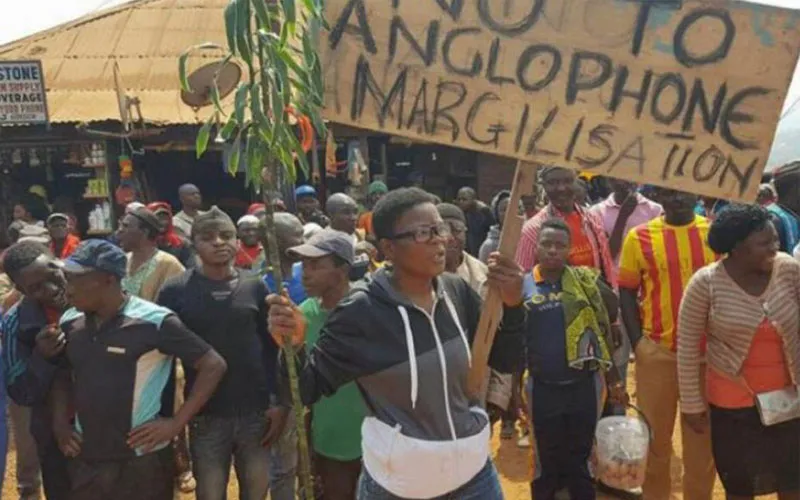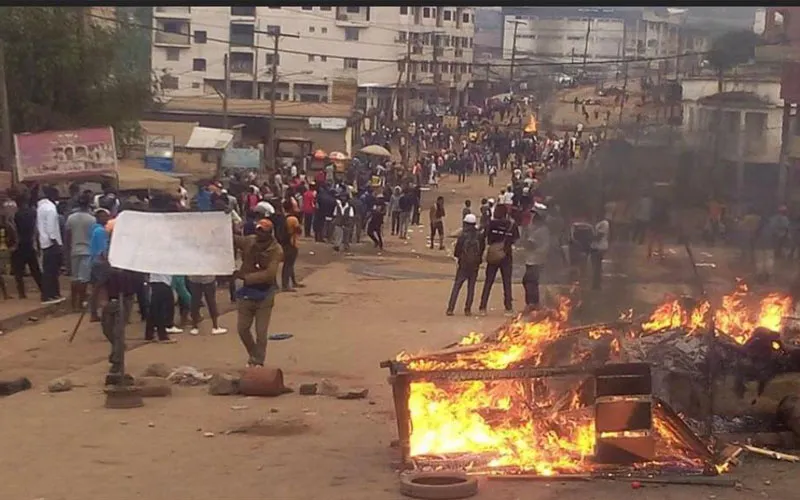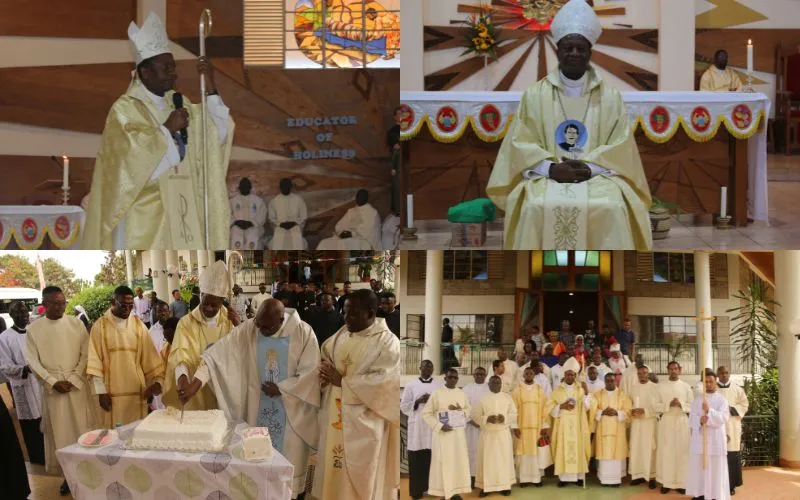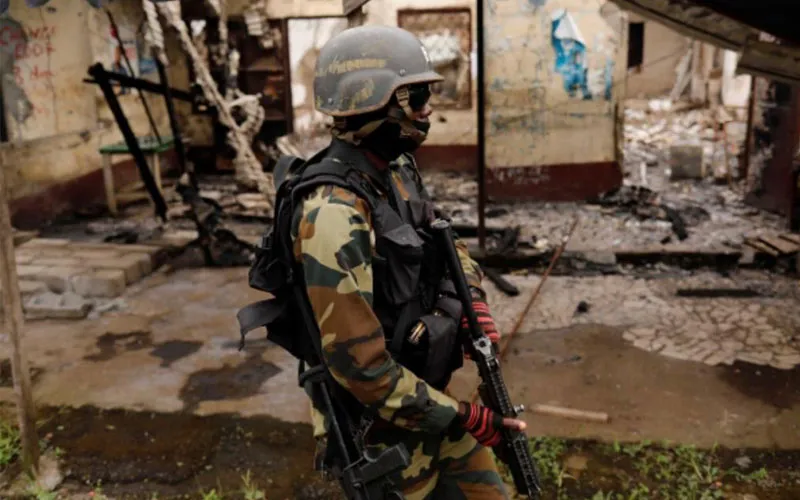Bamenda, 27 July, 2021 / 3:05 pm (ACI Africa).
Catholic peace entity, Denis Hurley Peace Institute (DHPI), has maintained its call for an alternative approach in the ongoing crisis in Cameroon’s English-speaking region, saying that the military tactic that the government is insisting upon is costing lives of many fighters on the side of the government.
Fr. Ngenge Godlove Bong-aba who previously served as Parish Priest of St. Therese of the Child Jesus in Cameroon's Bamenda Archdiocese and is now attached to DHPI recounts the many instances that the Cameroonian military has lost to rebels in the country and urges the government to find a different way to end the five-year-old conflict.
“With the failure of the military solution to the crisis, it is about time the government used a different method to end it,” Fr. Godlove tells ACI Africa in a Monday, July 26 interview.
The Catholic Priest makes reference to a July 18 attack in Bali Nyongha subdivision of Mezam Division of the Northwest region in which five Cameroonian policemen were killed, adding that the rebels belonging to the Ambazonia Restoration Forces (ARFs) have improved their tactics in their confrontation with the military.
“The five deceased officers were on patrol in their police truck when the ARFs detonated an IEDs (Improvised Explosive Devices), which immobilized the vehicle. Subsequently, a sustained shootout erupted between the ARFs and the occupants of the military vehicle that resulted in the death of the five officers,” he says.










